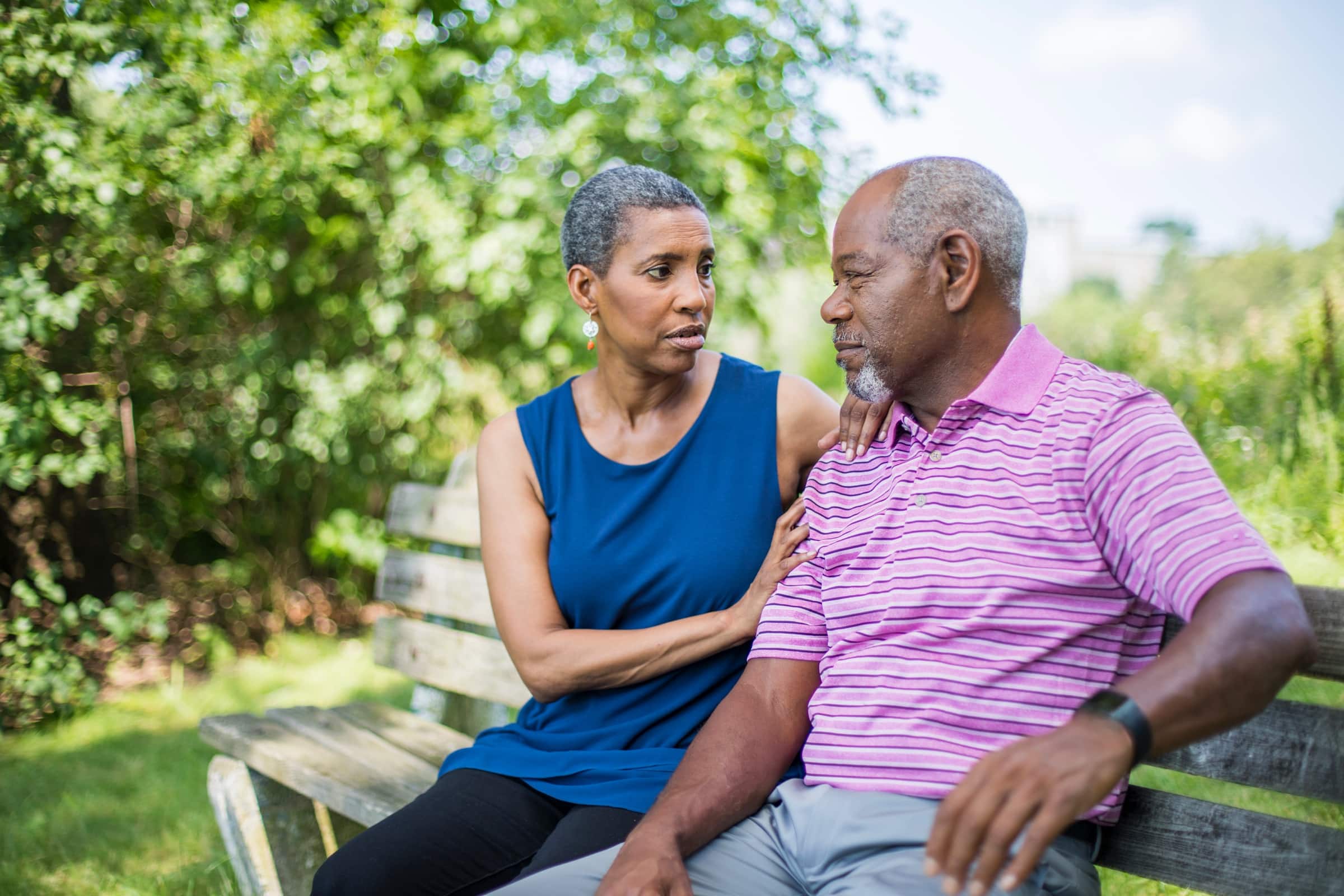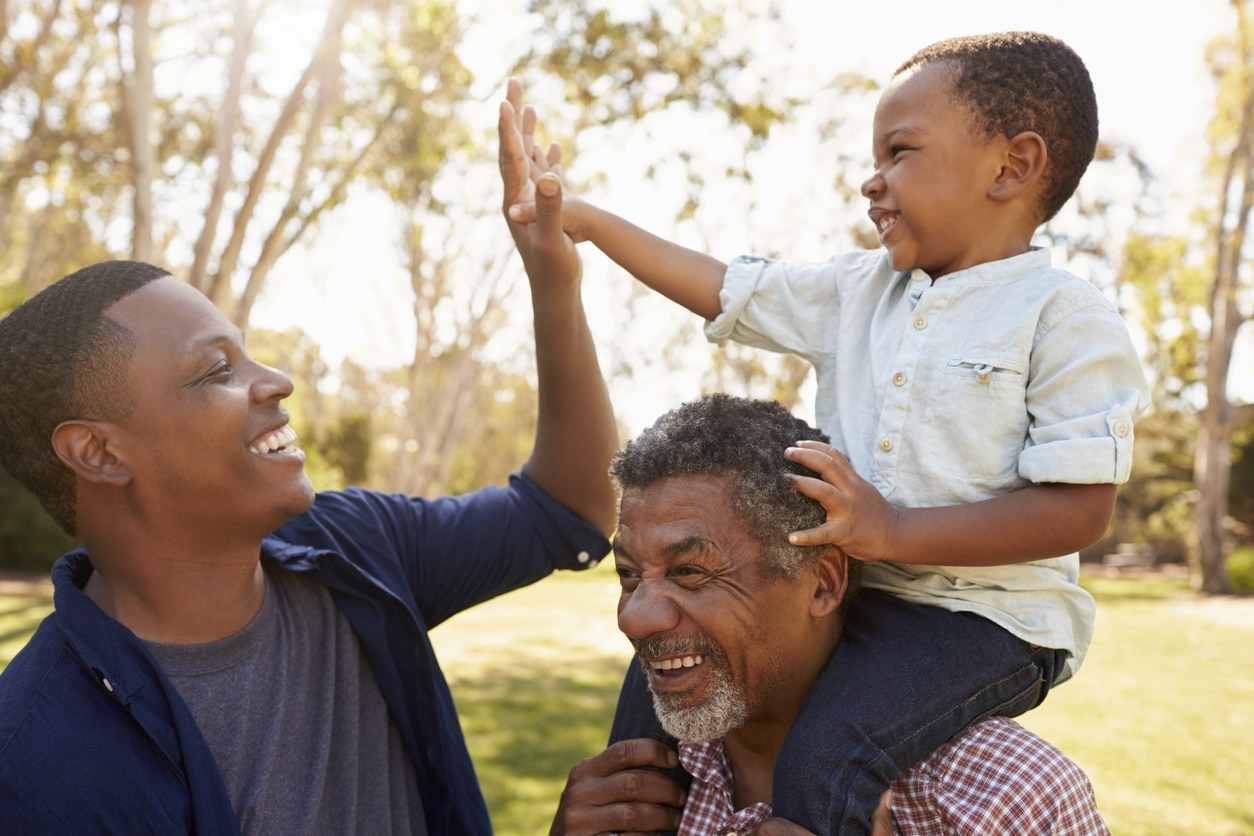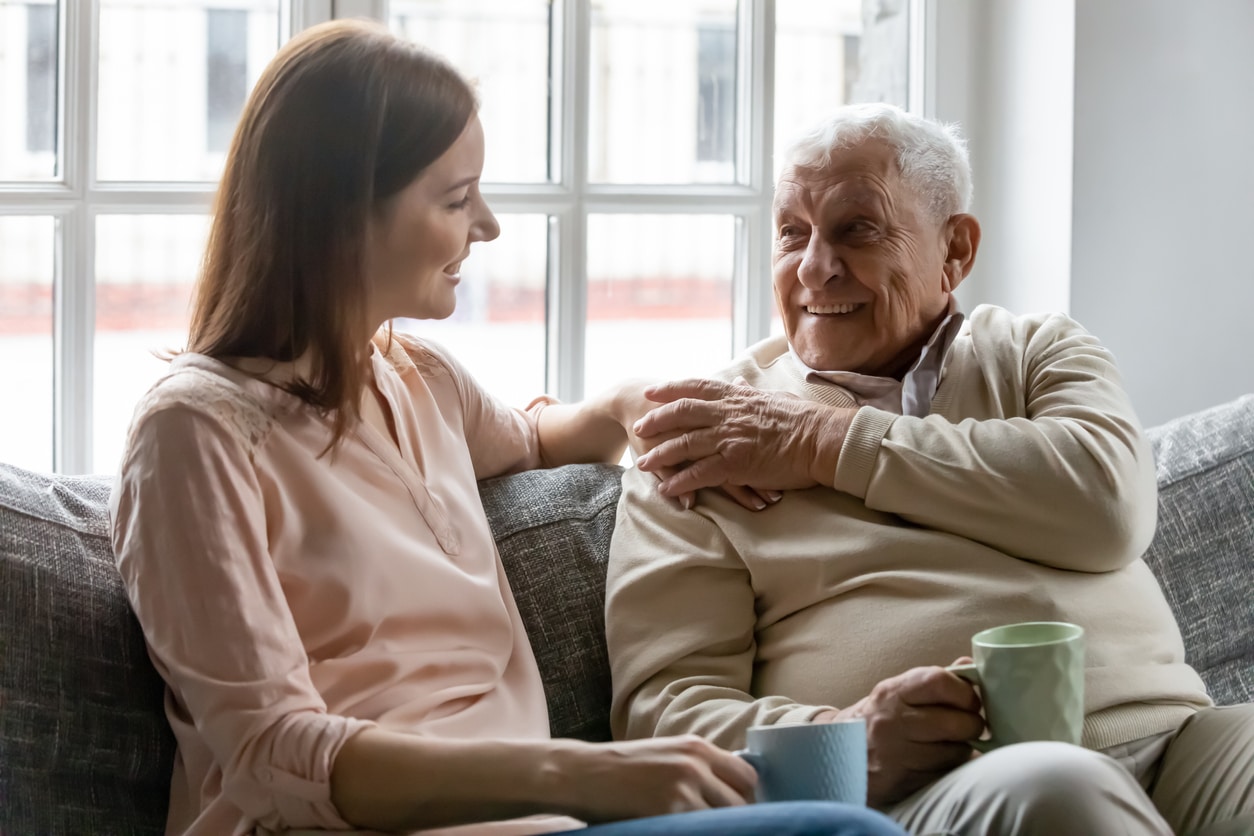Caring for Seniors: Recognizing Signs of Elder Abuse
It’s something we don’t want to think about: elder abuse and neglect. If we have aging parents, we can’t ignore it.
About one in 10 people aged 60 and older experience physical or emotional abuse or neglect, according to the National Center on Elder Abuse. The incidence of elder financial abuse is likely higher. While all older adults are at risk of elder abuse, seniors who are isolated, and those living with dementia or other cognitive issues, are especially vulnerable.
Most cases of elder abuse are at the hands of family members, usually adult children or spouses. In some cases, it may be unintentional. Family caregivers often lack proper training, which can lead to injuries and other unintended consequences. Busy family members may neglect acute and chronic conditions, and caregivers who are tired and frustrated are more likely to exhibit unknowingly abusive behaviors.
Whether intentional or not, we must acknowledge the issue and ensure our loved ones are properly cared for.
What are the signs of elder abuse?
Elder abuse can be physical, neglectful, emotional, financial, or sexual. Always seek medical help when you suspect abuse, and if your parent is hurt or injured.
Physical Abuse
Often the easiest to recognize, physical abuse can result in broken bones, burns, bruises, cuts, and abrasions. Be alert if a parent or their professional caregiver doesn’t have a clear or plausible explanation of the injury’s cause.
Neglectful Abuse
Neglect and abandonment are also relatively easy to see. Look for lots of dirty clothes or unwashed dishes, bedsores, unexplained weight loss, and soiled linens. Other signs include skipped doses of medication or medical appointments, and missing hearing aids, glasses, walkers, canes, and other assistive devices.
Emotional & Psychological Abuse
These types of abuse can be difficult to spot. The U.S. Department of Justice (DOJ) defines emotional abuse as “undermining an individual’s sense of self-worth and/or self-esteem. This may include, but is not limited to constant criticism, diminishing one’s abilities, name-calling, or damaging one’s relationship with his or her children.”
According to the DOJ, elements of psychological abuse include, “causing fear by intimidation; threatening physical harm to self, partner, children, or partner’s family or friends; destruction of pets and property; and forcing isolation from family, friends, or school and/or work.”
Signs include being fearful of the caregiver, withdrawal, and forced isolation from family and friends.
Financial Abuse & Exploitation
Economic fraud and theft are common forms of elder abuse. According to the DOJ, this includes, “making or attempting to make an individual financially dependent by maintaining total control over financial resources, withholding one’s access to money, or forbidding one’s attendance at school or employment.”
Signs to look for include checks that disappear or cash that’s unaccounted for, unpaid bills, unusual purchases, increased use of credit cards or frequent ATM withdrawals. Caregivers or facility staff members who ask to be added to the senior’s checking or credit card account can be red flags of oncoming financial abuse.
What should I do if I suspect elder abuse?
If you believe your loved one is in immediate danger, call 9-1-1 for law enforcement or emergency medical services. If the danger isn’t immediate, you can find local help from the National Adult Protective Services Association database. You can also get advice and support from local social services agencies or by calling your local law enforcement office’s non-emergency number. For help with elder fraud, contact the financial institutions involved immediately. Ask a CPA or other financial professional for other senior fraud protections.
Elder abuse is an issue in all communities and within all socioeconomic classes. Data from the National Institutes of Health show that abused seniors have a 300% higher risk of death compared to older adults who have not been mistreated.
That’s why it’s crucial for us to make sure our aging loved ones are getting the care and support they need every day. Recognizing elder abuse and knowing how to address it is vital to our family member’s quality of life, health and safety.
No legal advice is intended. This article is for informational purposes only and should not be considered legal advice or a substitute for legal counsel. Information may not reflect current legal standards. For legal advice specific to your needs, contact an attorney licensed in your jurisdiction.




